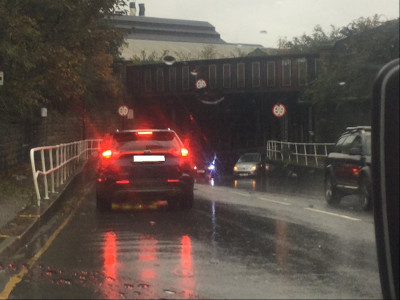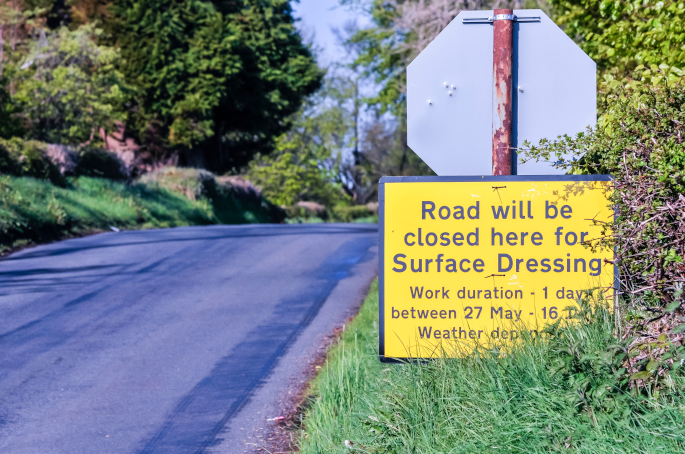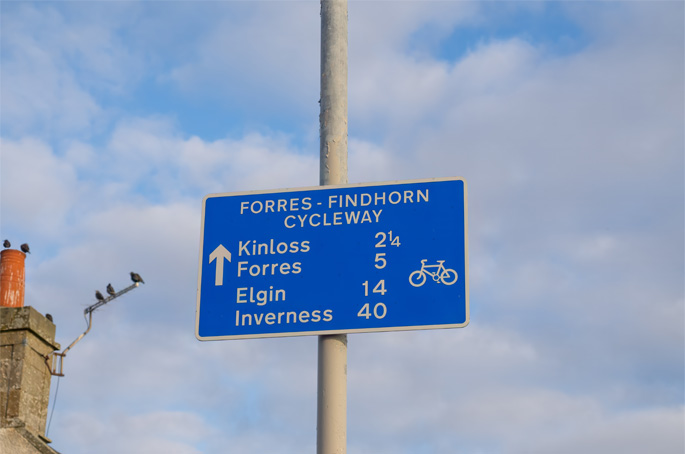Contractor Amey provides highway maintenance services to Sheffield City Council through the £2bn ‘Streets Ahead' PFI contract and when rain and floods hit South Yorkshire early in November, its workers were on the front line.
Highways gets a briefing from Darren Butt, Amey's Streets Ahead account director, on how the contractor and the community fought the floods.
Tell us about the work you did before the rain hit to mitigate the impact of possible flooding.
We rely on the Environment Agency's weather and flood warning system to inform us of the likelihood of local flooding. As soon as we get an alert of rainfall likely to have an impact on our communities, a range of proactive and preventative works begin for Streets Ahead.
Our work includes actively inspecting known priority sites across the highway network. The areas worst affected tend to be low points where water pools, although these can usually be kept clear by making sure gullies are cleaned in advance and that discharge points, such as sewers and other culverts or water courses, are clear.
We also manage and tailor shift patterns to ensure adequate resources are available during adverse weather events.
This preparation work took place in advance of the heavy rain, which hit South Yorkshire on 7 November.
'We've crews out all evening and overnight continuing to clear surface water & flooding. Please take care on your way home this evening ?????? #Sheffield #flooding'
— Streets Ahead (@sccstreetsahead) November 7, 2019
Environment department Defra had recently recognised that streets in the city were clean and relatively litter free. To what extent did this help?
We have invested extensively in reducing litter levels in local hotspots and making our cleaning regimes effective and efficient as part of the Streets Ahead programme. The recognition from Defra was testament to the hard work and proactive approach we have adapted to street cleaning since the start of the programme.
What sort of work did you do to manage the flooding when the rain fell and the river levels rose?
Between 7 and 8 November, Sheffield experienced a deluge of wet weather, with over 64mm of rainfall. As river levels rose we remained in close contact with agencies across South Yorkshire, taking part in emergency co-ordination calls including the Environment Agency, emergency services and other council services.
When the parameters were met, we closed the flood gates on Sheffield's new flood defence system.
The new Lower Don Flood Defence system is activated, when needed, by Amey as part of its contract with Sheffield City Council. This is done as soon as predictions come in via weather warning systems.
The response involves checking and closing flood gates, along with several non-return valves to reduce the risk of high river levels infiltrating drains and causing flooding.
As the heavy rain continued, we continued to monitor the city's 50 or so highway flooding hotspots by visiting sites as well as monitoring them by CCTV, where it was available.
By the afternoon, it was becoming clear that problems were going to continue into the night and so we pulled in extra resources to cope with increasing demand.
We had extra support from our subcontractors and suppliers, plus staff in other areas stayed on to take calls and keep people updated on social media. Other operational teams were also drafted in to proactively patrol the city with shovels, removing blockages from gullies wherever they found them.
As the situation worsened, sand bags were issued to a number of sites and affected properties. Further assistance was provided to clear any blockages to river channels and remove debris from entry grills to culverts.
What was it like at its worst?
A number of major roads became impassable, including Meadowhall Road, near the shopping centre. In total around 30 roads had to be closed and diversions put in place.
There was some localised flooding, and a number of residents calling us requesting assistance. We took over 1,100 calls during the flood period.
There was a 24-hour intense period from Thursday morning where staff worked continuously.
We also had one of our engineers in Sheffield City Council's urban traffic control centre, from where traffic flows are monitored and adjusted remotely in response to live conditions.
Some traffic signals were affected by the flooding but by re-organising signal timings and keeping people updated, the road system was able to manage.
To ensure resources were deployed to the worst affected sites a triage process was introduced with health and safety issues and flooding to residential properties being prioritised.
'We are about to close Upwell St S4 temporarily to help to recover a car stuck under a bridge. Please avoid the area for the time being & take extra care whilst driving in these conditions ????? #Sheffield #rain pic.twitter.com/Tjo0UuNYlY'
— Streets Ahead (@sccstreetsahead) November 7, 2019
When and why did you begin to believe that the worst had passed?
At around midnight, information was starting to come through from the Environment Agency that the river levels were peaking and we started to see them dropping by about 2am on Friday 8 November. However, the clean-up operation was still underway and we still had lots of work to do to get all roads moving safely again.
What was the clear-up process like?
Our clean-up efforts involved pumping water out of low spots, cleaning gullies and sweeping roads plus clearing silt off major roads.
After the flood water started to subside, we set to work and channelled resources to where they were most needed to make sure roads were safe and passable ahead of frosts on the Friday night.
There was also the possibility of further significant rain for the following week, which we were proactively preparing for.
We had upped our resources for the clean-up work, which took place over the two days of torrential rain and into the following week, to ensure the city was in a good position ahead of further predicted wet weather.
We estimate that only around 1% of the city's road network was affected by the flooding on this occasion, so the preventative work with the flood defences and high input of resource over the core 24-hour period did manage to keep the network moving fairly well.
As a result, we were also able to give mutual aid to other agencies where we could, for example to the council and the Environment Agency in Ecclesfield, where a stream had overtopped.
What did you learn for next time?
In terms of our response, we believe it was effective and worked as planned. The city's new £20m flood defences, which were completed in early 2018, certainly had an impact on preventing the majority of homes, businesses and roads from flooding extensively.
We did see some localised flooding but the impact was considerably less than what the city experienced in previous flooding events. Prior to the Streets Ahead contract, which started in 2012, there was a major flood event in Sheffield in 2007 and the inner city and the Lower Don Valley area really struggled. Fortunately, that didn't happen this time.
The value of our 24-hour social media to our emergency response cannot be underestimated.
Our Twitter account @SCCStreetsAhead was a trusted and reliable source of information for many people attracting almost 2,000 new followers over the course of the flooding event, while interactions (likes and retweets) increased from an average of 9 in the days preceding and after the event to more than 500 during its height on both 7 and 8 November.
What was the impact on your staff and how did you look after yourselves?
From the time the weather warnings were received, right through to the clean-up efforts, our staff worked relentlessly to mitigate the risk of flooding.
However, we made sure our operatives were well supported throughout this time, ensuring they took regular breaks, where needed, and handed over to colleagues appropriately when shifts ended.
Fortunately, the most intense period of rainfall was fairly short-lived and we were able to recover quickly as a result.































